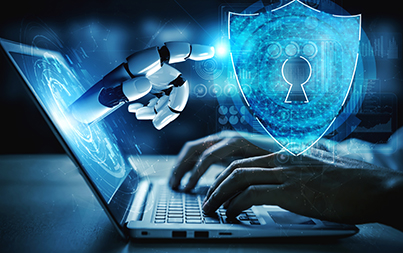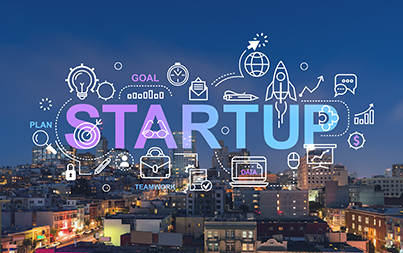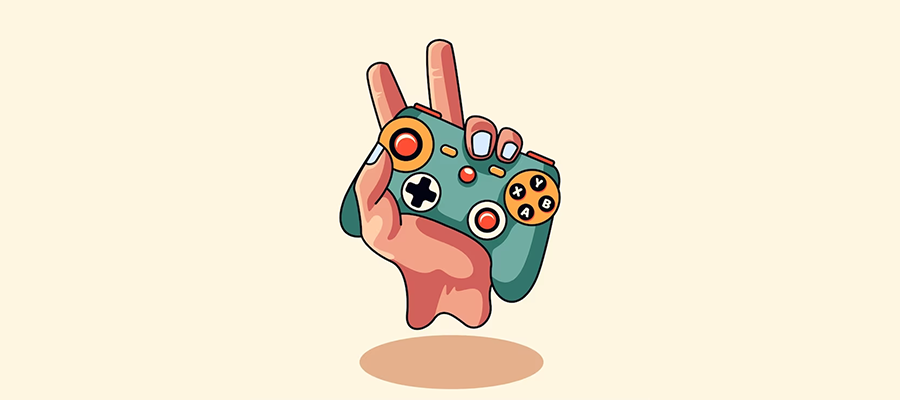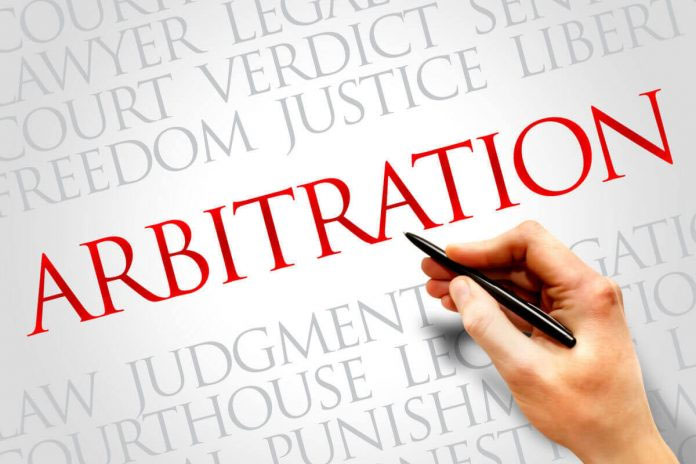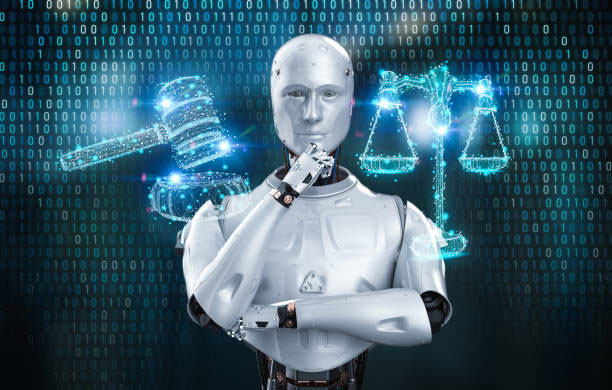
 Content created by generative Artificial Intelligence (AI) programs are currently one of the most important global developments. The common question is: Who owns the rights to the products of generative AI? What is the relationship between artificial intelligence and copyright? The only clarity on the matter, as observed by the actions of agencies worldwide is that AI based creations cannot be copyrighted, as registration requires authorship by a ‘human’ before the same can be registered.
Content created by generative Artificial Intelligence (AI) programs are currently one of the most important global developments. The common question is: Who owns the rights to the products of generative AI? What is the relationship between artificial intelligence and copyright? The only clarity on the matter, as observed by the actions of agencies worldwide is that AI based creations cannot be copyrighted, as registration requires authorship by a ‘human’ before the same can be registered.
As AI technology advances, there are various problems to copyright laws pertaining to AI-generated material. These difficulties occur as a result of the distinct character of AI-created works and the existing legal structure, which was not intended to address such circumstances. Here are a few of the major challenges:
- Ownership of work: Traditional copyright law is founded on the premise that humans produce original works and are thus entitled to the copyright as per copyright act law. However, AI-generated material blurs the limits of authorship, creating problems about who should hold the copyright when AI systems develop creative works autonomously without direct human input.
- Creativity Requirement: In general, copyright protection is awarded to works that demonstrate a particular level of creativity and originality. Although AI algorithms may develop content that falls inside this barrier, assessing whether a work fits the standards for copyright protection when it was wholly created by a machine can be difficult.
- Detecting Infringement: With AI systems producing massive volumes of content, detecting instances of copyright infringement becomes difficult. Monitoring and enforcing copyrights for AI-generated works may need the development of new methodologies and tools to detect illicit use.
The Indian Copyright Act, 1957, does not specifically mention AI-generated content or AI as an author. In India, copyright law protects original works of authorship, including literary, artistic, musical, and dramatic works. Generally, copyright is granted to the creator or author of a work, giving them exclusive rights to reproduce, distribute, display, and perform the work.
Since AI-generated content does not have a human author in the traditional sense, determining copyright ownership and affirming it as copyright content can be challenging. It was also observed in an Indian case, wherein a work was registered with an AI, namely ‘RAGHAV’ and its creator as co-authors, where the Copyright office withdrew their assent.
IP Offices around the world are perplexed by the issues stemming from AI-generated works. While AI offers a plethora of benefits in cost and time savings, IP regimes around the world are yet to catch up. The United States Copyright Office (USCO) had also granted copyright protection to an AI-generated comic, in the Kristina Kashtanova case; later issuing a notice of withdrawal.
While the USCO has made it clear that generative AI works cannot be afforded copyright protection, the United Kingdom (UK) IP Office has chosen to ‘wait and watch’ as developments occur. As far as India is concerned, a Parliamentary Standing Committee has issued a report, stating that the IP regimen in India requires a relook.
In conclusion, it remains to be seen how policymakers and legislators will tackle this problem. The choices are clear: to stick with traditional jurisprudence and ignore technical advances, or to take a progressive approach that incentivizes innovation, as Intellectual Property Law originally envisioned. The future of copyright and AI remains uncertain, and the outcome will shape the landscape of intellectual property law.
[ii] https://www.theverge.com/2023/2/22/23611278/midjourney-ai-copyright-office-kristina-kashtanova
[iii] Review of the Intellectual Property Rights Regime in India.pdf, GOOGLE DOCS, https://drive.google.com/file/d/1L-9ugGmHIwFZTskpeillFE2yzYeippYu/view?usp=embed_facebook

